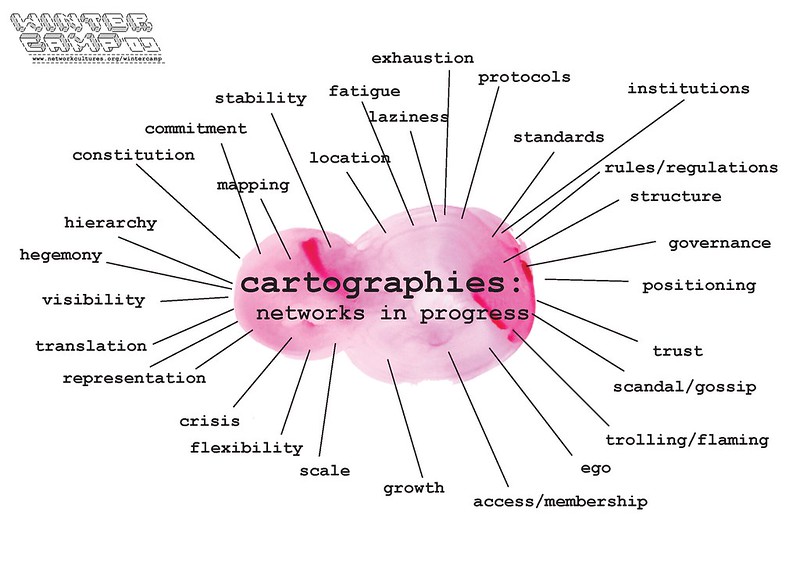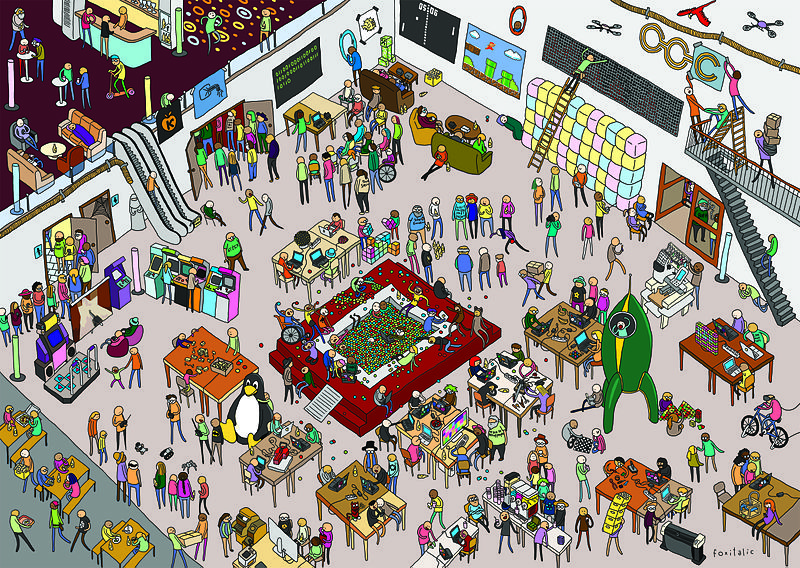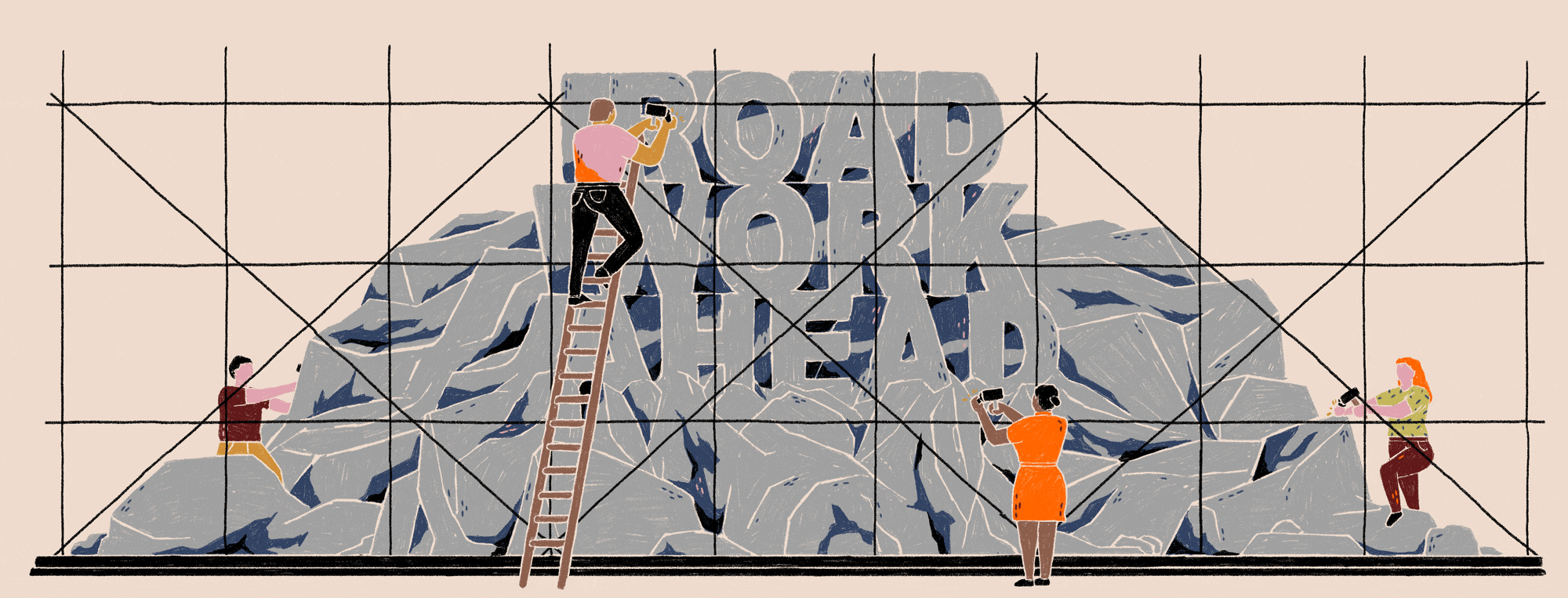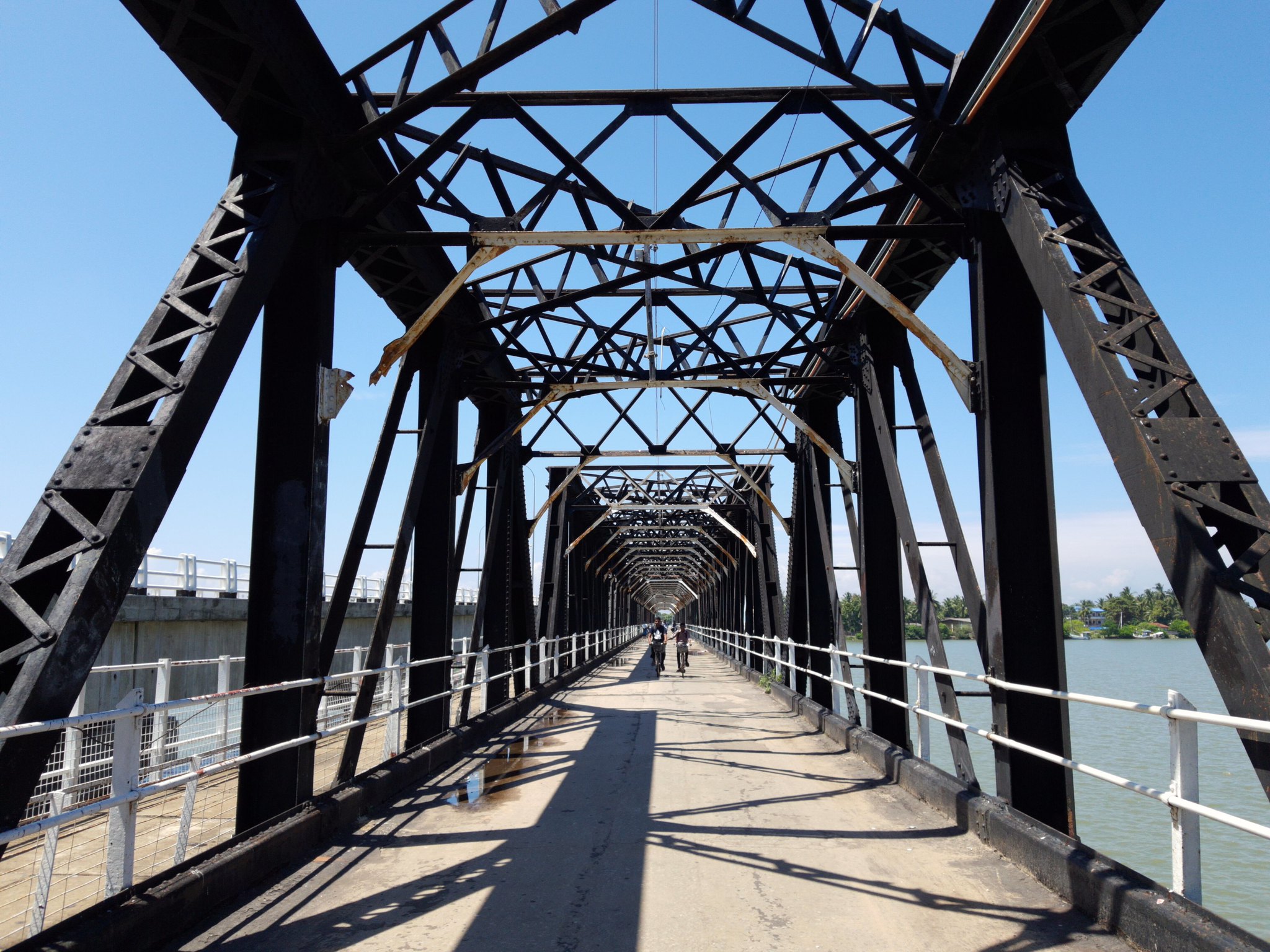Literature Review: Networks of (anti-)trust
Implicit development environments in FOSS infrastructure communities and the future of public good(s) by private means Open source has become a well-developed field of research, with many contributions into the concept itself, in terms of performance indicators, from a legal and regulatory point of view, the development of production processes, distribution mechanisms, and even how…










